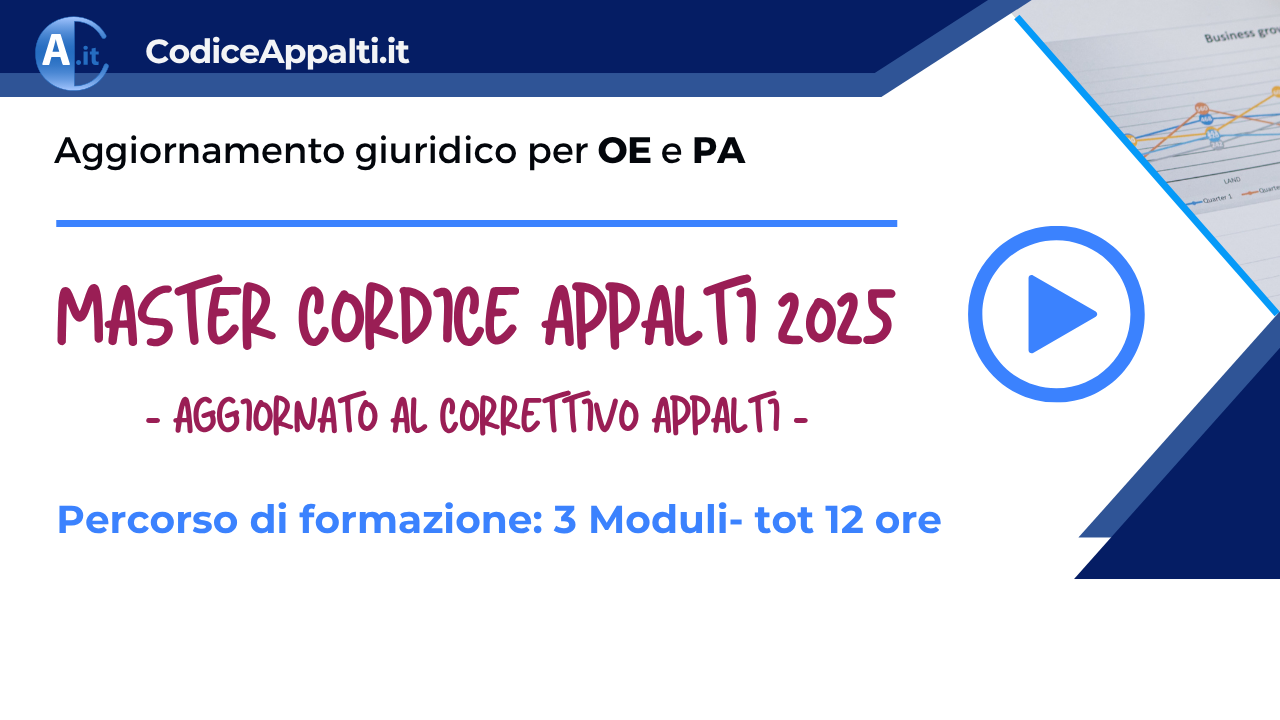Article 108. Criteria for the award of works, services and supplies contracts.
1. Without prejudice to the legislative, regulatory or administrative provisions relating to the price of certain supplies or the remuneration of specific services, the contracting authorities shall proceed with the awarding of contracts for works, services and supplies and with the awarding of design contests and competitions of ideas on the basis of the criterion of the most economically advantageous offer, identified on the basis of the best quality/price ratio or on the basis of the price or cost element, following a cost/effectiveness comparison criterion such as the life cycle cost, in accordance to the provisions of Annex II.8, with regard to the life cycle cost. 2. They are awarded exclusively on the basis of the criterion of the most economically advantageous offer identified on the basis of the best quality/price ratio: a) the contracts relating to social services and hospital, welfare and school catering, as well as to highly labour-intensive services, as defined by Article 2, paragraph 1, letter e), of Annex I.1; b) the contracts relating to 'assignment of engineering and architectural services and other services of a technical and intellectual nature for an amount equal to or greater than 140,000 euros; c) service and supply contracts for an amount equal to or greater than 140,000 euros characterized by significant technological or which have an innovative character; d) assignments in the case of competitive dialogue and partnership for innovation; e) integrated procurement assignments; f) contracts relating to works characterized by notable technological content or with an innovative character . 3. The lowest price criterion may be used for services and supplies with standardized characteristics or whose conditions are defined by the market, with the exception of labor-intensive services referred to in the definition of Article 2, paragraph 1, letter e) of Annex I.1. 4. The tender documents establish the tender award criteria, relevant to the nature, object and characteristics of the contract. In particular, the most economically advantageous offer, identified on the basis of the best quality/price ratio, is evaluated on the basis of objective criteria, such as qualitative, environmental or social aspects, connected to the subject of the contract. The contracting authority, in order to ensure the effective identification of the best quality/price ratio, enhances the qualitative elements of the offer and identifies criteria such as to guarantee an effective competitive comparison on the technical profiles. In the procurement activities of IT goods and services, the contracting authorities, including the central purchasing bodies, in evaluating the qualitative element for the purposes of identifying the best value for money for the award, always take into consideration the cybersecurity elements, attributing specific and peculiar importance to it in cases where the context of employment is connected to the protection of strategic national interests. In the cases referred to in the fourth period, when the IT goods and services subject to the contract are used in a context connected to the protection of strategic national interests, the contracting authority establishes a maximum ceiling for the economic score within the limit of 10 percent. For labor-intensive contracts, the contracting authority establishes a maximum ceiling for the economic score within the limit of 30 percent. 5. The element relating to cost, even in the cases referred to in the provisions referred to in paragraph 1, it can take the form of a fixed price or cost on the basis of which economic operators will compete only on the basis of qualitative criteria. 6. The award criteria shall be considered to be linked to the subject matter of the contract when they concern works, supplies or services to be provided in any respect and at any stage of their life cycle, including factors involved in the specific process of production, supply or exchange of these works, supplies or services or in a specific process for a subsequent phase of their life cycle, even if these factors are not part of their substantive content. 7. The tender documents or, in case of competitive dialogue, the notice or descriptive document indicates the individual evaluation criteria and the relative weighting, also providing a range in which the difference between the minimum and maximum must be adequate. For each chosen evaluation criterion, sub-criteria and sub-weights or sub-scores can be provided. For the purposes of protecting free competition and promoting pluralism of operators in the market, the procedures relating to the assignments referred to in Book II, part IV, may provide, in the tender notice, notice or invitation, appropriate reward criteria to encourage the participation of small and medium-sized enterprises in the evaluation of the offer and to promote, for services dependent on the proximity principle for their efficient management, the reliance on economic operators with operational headquarters in the relevant territorial area. The provisions referred to in the third sentence apply compatibly with European Union law and with the principles of equal treatment, non-discrimination, transparency and proportionality. In order to promote gender equality, the contracting authorities provide in the tender notices, notices and invitations, the highest score to be attributed to companies for the adoption of policies aimed at achieving gender equality proven by the possession of the certification of gender equality referred to in article 46-bis of the code of equal opportunities between men and women, referred to in legislative decree 11 April 2006, n. 198. last two sentences replaced by art. 2.1 of Legislative Decree 57/2023 in force from 05.30.2023; subsequently the LAW of 3 July 2023, n. 87, in the Official Journal 05/07/2023, n. 155, in force from 06/07/2023, converting the DECREE-LAW 10/5/2023 n. 51 by re-proposing the same amendment as DL 57/2023 and therefore repealing the art. 2.1 of the Decree 8. The contracting authorities, when they consider the weighting referred to in paragraph 7 not possible for objective reasons, indicate in the tender notice and in the specifications or, in the case of competitive dialogue, in the notice or in the document descriptive, the decreasing order of importance of the criteria. To implement the weighting or in any case attribute the score to each element of the offer, the contracting authorities use methodologies that identify the most advantageous offer with a single final numerical parameter. 9. In the economic offer the operator indicates, under penalty of exclusion, labor costs and company charges for the fulfillment of the provisions on health and safety in the workplace except for supplies without installation and in services of an intellectual nature. 10. The contracting authorities may decide to do not proceed with the award if no offer is convenient or suitable in relation to the subject of the contract. This option is expressly indicated in the tender notice or invitation in procedures without a tender and can be exercised no later than thirty days from the conclusion of the tender evaluations. 11. In the case of works contracts awarded with the economically tender criterion most advantageous, identified on the basis of the best quality/price ratio, the contracting authorities cannot assign any score for the offer of additional works compared to what is foreseen in the executive project based on the auction. 12. Any variation that occurs, even as a consequence of a judicial ruling, following the award decision, also taking into account any procedural reversal, it is not relevant for the purposes of calculating averages in the procedure, nor for identifying the anomaly threshold of the offers, possibly established in the documents of the tender, and does not produce consequences on the proceedings relating to the other lots of the same tender. EFFECTIVE FROM: 1 July 2023Testo Previgente
Relazione
REPORT
Article 108 defines the criteria for the awarding of contracts and the awarding of design competitions and ideas competitions, on the basis of the most economically advantageous offer, identif...
Commento
NEW
• The article introduces the criterion of the most economically advantageous offer as a preferential award criterion (paragraph 1).
• Paragraph 2 provides that the following are awarded exclusi...
Condividi questo contenuto:






